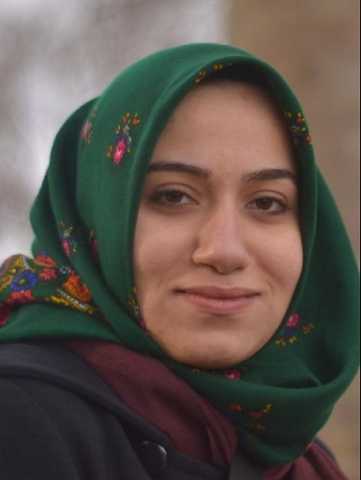Ayşenur Korkmaz is a Ph.D. researcher at the University of Amsterdam, European Studies. She gained her Master’s degree at Central European University in Nationalism Studies with honours. Her main areas of interest are the late Ottoman Empire, Soviet Armenia, as well as anthropological concepts of homeland, sacralization, and materiality. She has published several articles on the Hamidian Massacres, and the lives of Ottoman Armenian intellectuals in the nineteenth century, and the Armenian genocide. Korkmaz's current doctoral research explores the post-genocide articulations of the Armenian homeland (Ergir), through materiality and rituals. It examines the sense of rootedness and socio-spatial attachment among Armenians who had fled their homes during the genocide and sought refuge to the South Caucasus which later became their ‘new homeland,’ Armenia.
